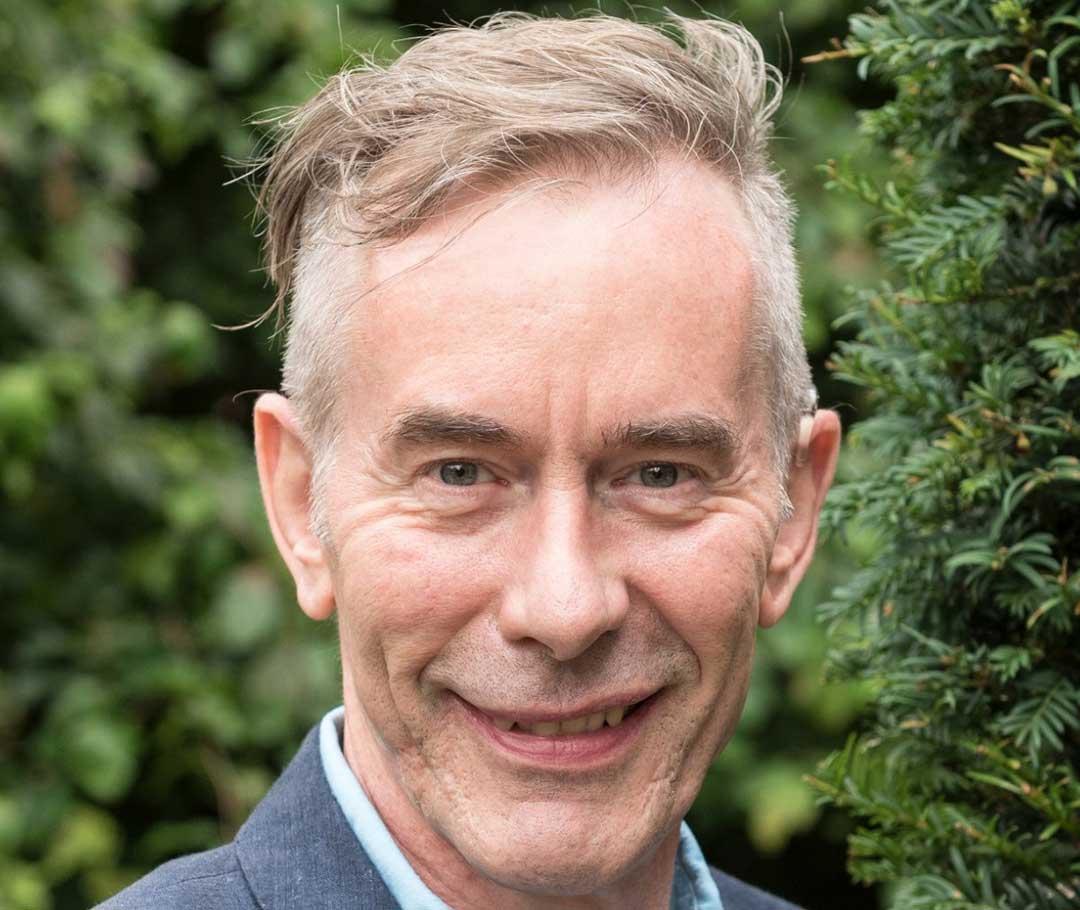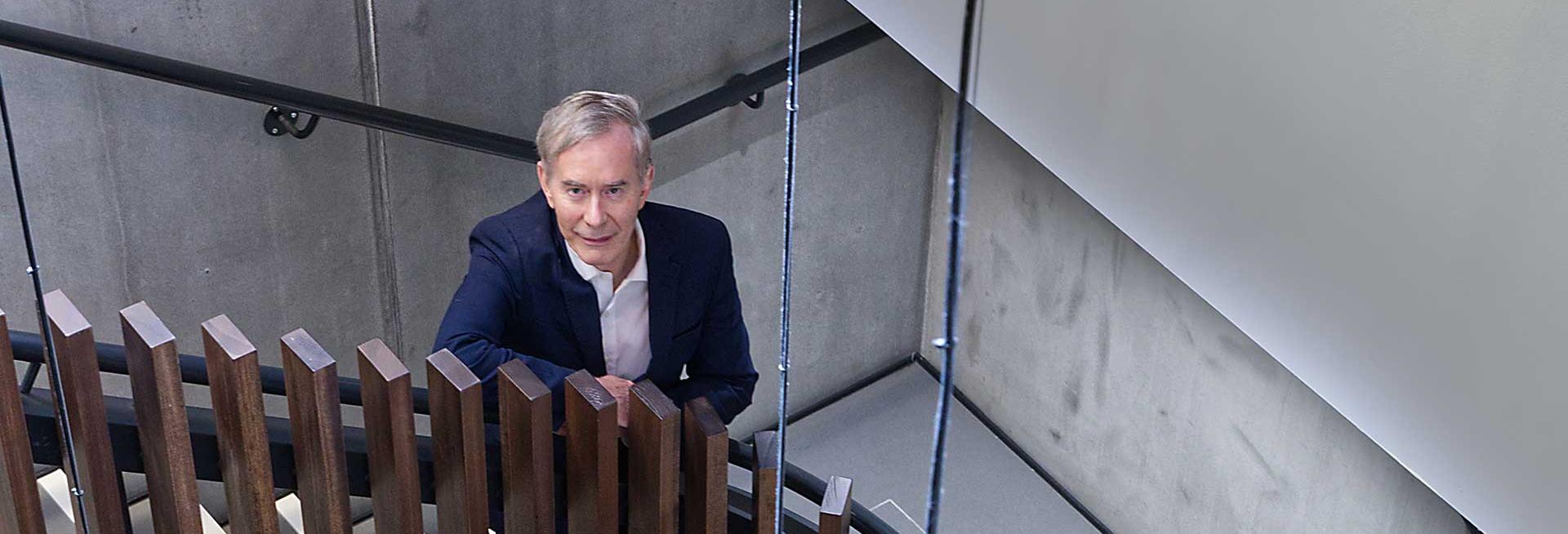The Graduate Studentship Fund in Particle Physics was set up in memory of eminent particle physicist, Henry Moseley Centenary Professor of Experimental Physics Ian Shipsey FRS who passed away suddenly in October 2024. He was Head of Department at Oxford’s Department of Physics.
Physics for all
Professor Shipsey grew up in a working-class family in Walthamstow, East London, attending a local comprehensive school which didn’t have a trained A-level physics teacher. He was the first of his family and one of only five students in his year to attend university (Queen Mary, London), and took two gap years with a charity for the homeless before a PhD at Edinburgh, where he had his first introduction to particle physics.
Professor Shipsey was passionate about giving young people from all backgrounds a chance to transform their lives through science and apply the power of physics to the greatest challenges facing humanity – ranging from climate change and phasing out fossil fuels, to exploring space and improving health and healthcare across ageing populations.
The Graduate Studentship Fund in Particle Physics will help to ensure that the brightest minds, from any background, are able to consider studying particle physics at Oxford – able to learn from and with world-leading experts, contribute to major international collaborations and further particle physics to benefit society.
Renowned physicist and a remarkable life
Professor Ian Shipsey was a world-leading particle physicist who has led some of the most significant global scientific advances and collaborations in recent decades. His work centred on making and using instruments which enabled scientists to explore and help address the most fundamental mysteries of the universe.
Professor Shipsey worked on the creation of a specialist pixel camera that played a critical role in the discovery of the Higgs boson at CERN in 2012. His work on particle physics at the Large Hadron Collider while based at CERN and at FERMILAB, Purdue, Syracuse and Cornell in the United States, and more recently at Oxford, made major contributions to big questions in physics, such as understanding why there is matter in the universe – to which we owe our existence – and how quantum instrumentation applies to fundamental physics.
In the USA, Professor Shipsey pioneered the Department of Energy’s involvement in the Vera C Rubin Observatory Legacy Survey of Space and Time (LSST) camera. This is the largest camera ever constructed for astronomy, it will make the first movie of the universe and make definitive measurements of the mysterious dark-energy that is pulling our universe apart. After returning to the UK, he served as a principal investigator for LSST at the Science and Technology Facilities Council.
Pioneering work
Such contributions and pioneering work brought awards and international acclaim, including an Honorary Fellowship of the Institute of Physics and Fellowship of the Royal Society. He also held Fellowships of The American Physical Society, and the American Association for the Advancement of Science. He was instrumental in developing UK Research and Innovation’s Quantum Technologies for Fundamental Physics Programme (2018-2020) and three successive national quantum technologies hubs have been led from the Department of Physics at the University of Oxford where he was head of department until the time of his passing. He had been re-elected for a second term heading up one of the largest physics departments in the world, top-ranked in the UK and among the best globally across all key areas of physics.
Alongside his leadership roles, Professor Shipsey continued his pioneering scientific research, most recently developing cameras for ATLAS at CERN’s Large Hadron Collider, and the MAGIS (US) and AION (UK) networked pathfinder atom interferometers searching for ultralight dark matter and gravitational waves.
Life-changing illness
In his late 20s, while at Cornell, Professor Shipsey contracted a sudden and near-fatal illness. Swift treatment and support from the university’s medical school saved his life, but he lost all hearing. For many years he continued his work and helped to raise his young daughter while totally deaf. A cochlear implant finally restored some hearing, enabling him to hear his wife’s voice for the first time in 12 years, and his daughter’s voice for the very first time. He gave over 100 talks around the world to spread awareness of this life-changing technology.

Ian in his own words
In September 2024, shortly before Ian passed away, Ian spoke to Bilal Hafeez on how physics can change the world for the Macro Hive Conversations podcast.

